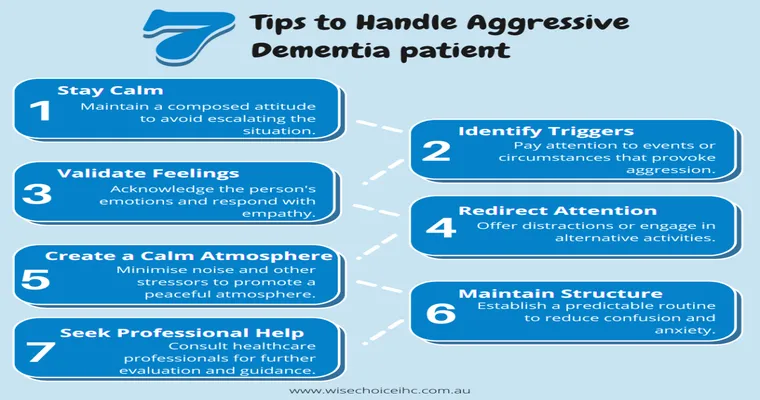Caring for a loved one who has "Alzheimer’s", "dementia", and "aphasia" can be incredibly challenging, especially when their behavior becomes verbally abusive. If you find yourself in a situation where your husband exhibits increased aggression or hostility, it is essential to understand the underlying reasons and seek appropriate support. Navigating the complexities of these cognitive disorders can be overwhelming, but you are not alone.
Understanding the connection between "Alzheimer’s", "dementia", and "aphasia" is crucial. Alzheimer’s disease is a progressive neurological disorder that affects memory and cognitive function. Dementia is a broader term that encompasses various symptoms affecting memory, thinking, and social abilities, significantly interfering with daily life. Aphasia, often resulting from brain damage, affects a person’s ability to communicate, leading to difficulties in speaking, understanding, reading, and writing.
As the disease progresses, your husband may struggle to articulate his feelings or needs, which can result in frustration and anger. This emotional turmoil may manifest as "verbal abuse", leaving you feeling hurt and confused. It is vital to recognize that this behavior is not a reflection of his character but a symptom of his condition. Understanding this can help you manage your emotions and respond with compassion rather than defensiveness.
Coping strategies can be beneficial in these difficult situations. First, educate yourself about "Alzheimer’s disease" and "dementia" to better understand his behavior. Familiarize yourself with the stages of these diseases, as this knowledge can help you anticipate changes in his condition and adjust your responses accordingly.
Establishing a calm environment is also essential. Reducing noise and distractions can help minimize confusion. When your husband becomes verbally abusive, try to remain calm and avoid arguing. Instead, validate his feelings without engaging in confrontation. For example, if he expresses frustration, you might say, “I can see that you are upset, and I am here to help.” This approach can help de-escalate the situation and foster a sense of understanding.
Seeking support from professionals or support groups can significantly ease your burden. Therapists who specialize in cognitive disorders can provide valuable insights and coping strategies. Furthermore, connecting with others who are experiencing similar challenges can offer emotional support and practical advice.
In some cases, medication may be needed to manage aggressive behavior. Consult your husband’s healthcare provider to discuss any concerning changes in his behavior. They can evaluate whether medication adjustments or additional therapies might be beneficial.
Lastly, do not neglect your well-being. Caring for someone with "Alzheimer’s", "dementia", and "aphasia" can take a toll on your mental and physical health. Make sure to carve out time for self-care, whether through exercise, hobbies, or simply taking a break. You cannot pour from an empty cup, and ensuring your own health is essential for providing the best care possible.
In conclusion, while dealing with a husband who has "Alzheimer’s", "dementia", and "aphasia" can lead to challenging and sometimes abusive interactions, understanding the root causes of these behaviors can help you cope more effectively. By employing strategies to manage these situations, seeking support, and prioritizing your own well-being, you can navigate this difficult journey with more resilience and compassion. Remember that you are not alone, and there are resources available to help you through this challenging time.





